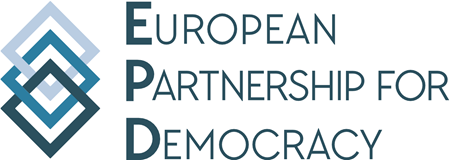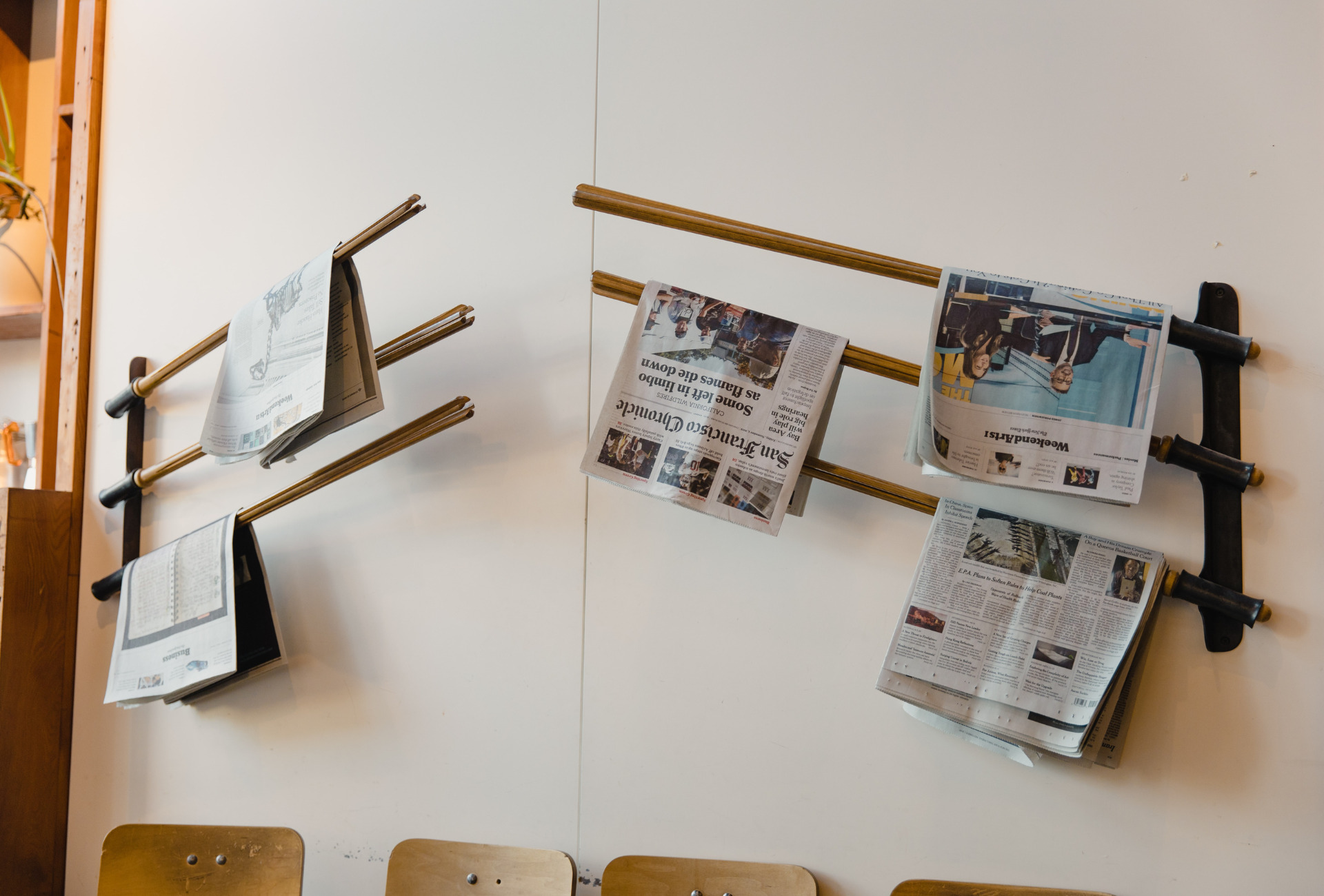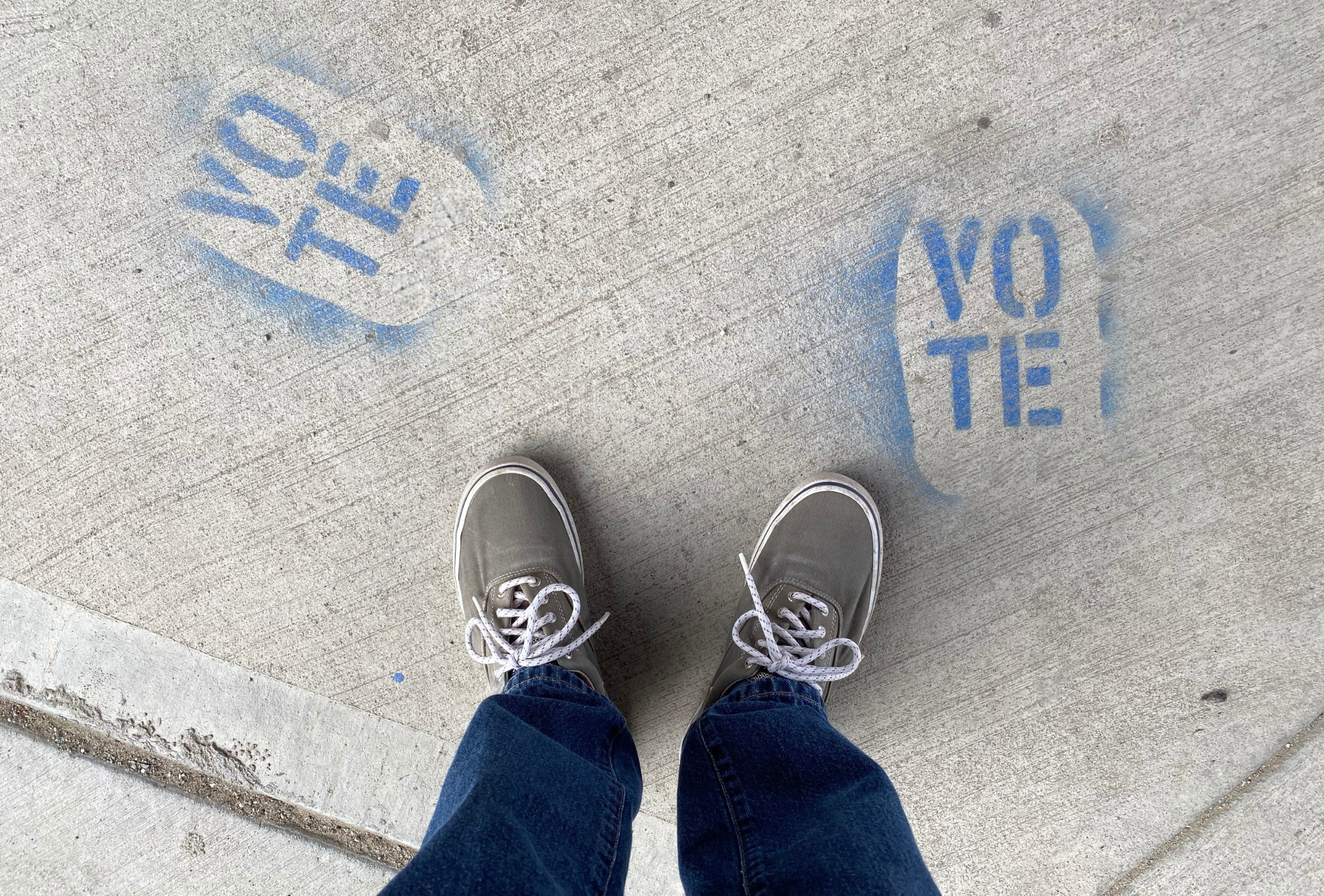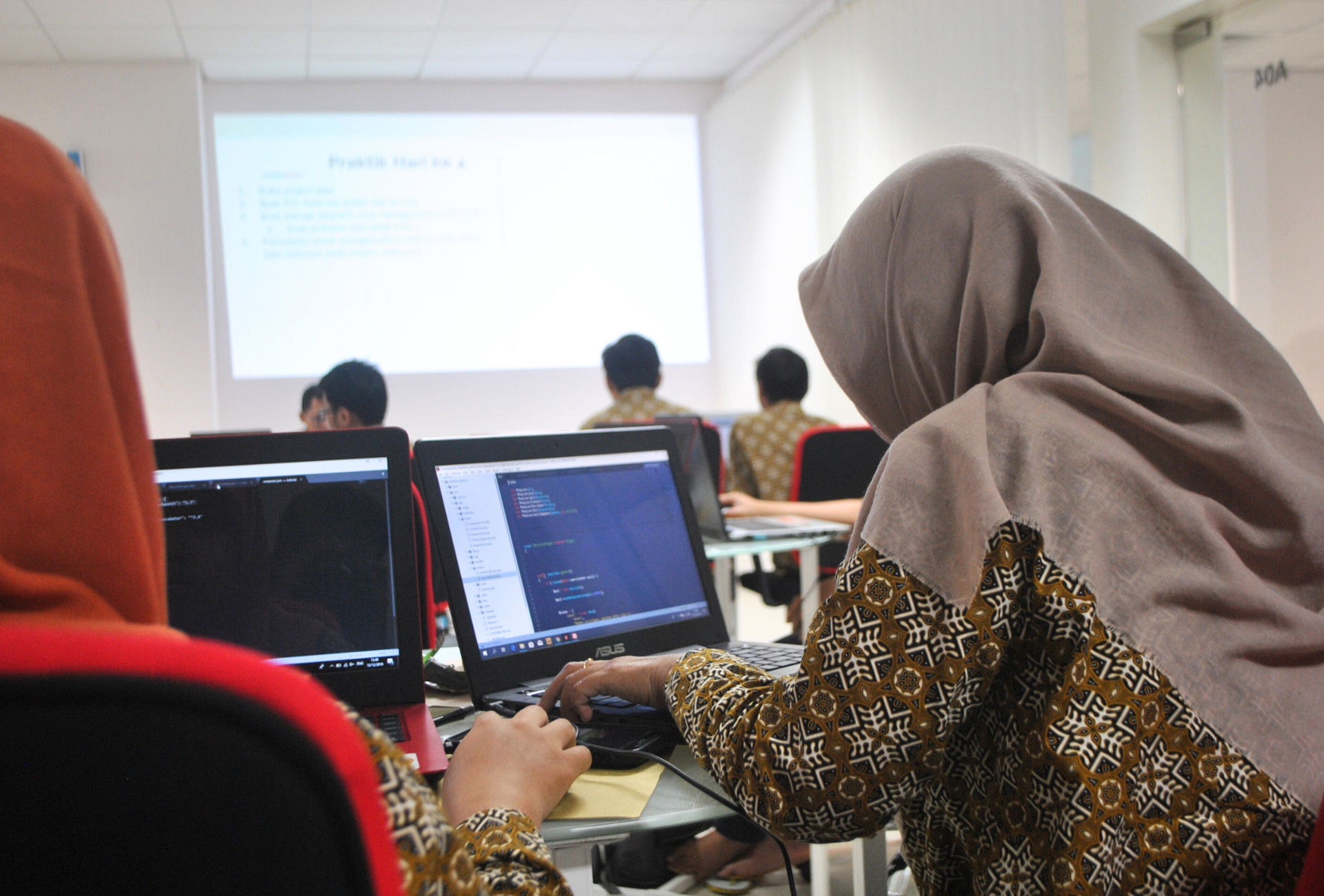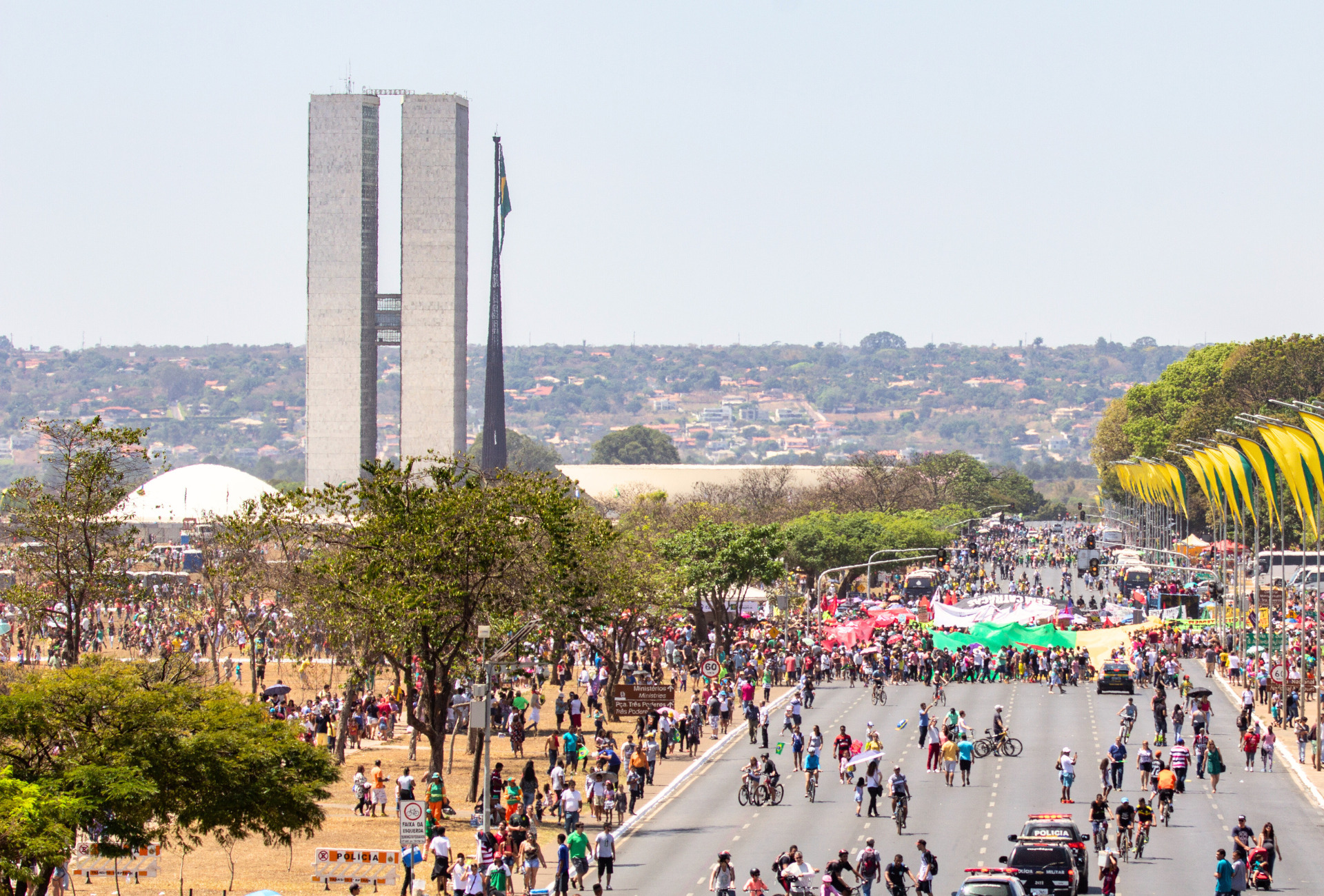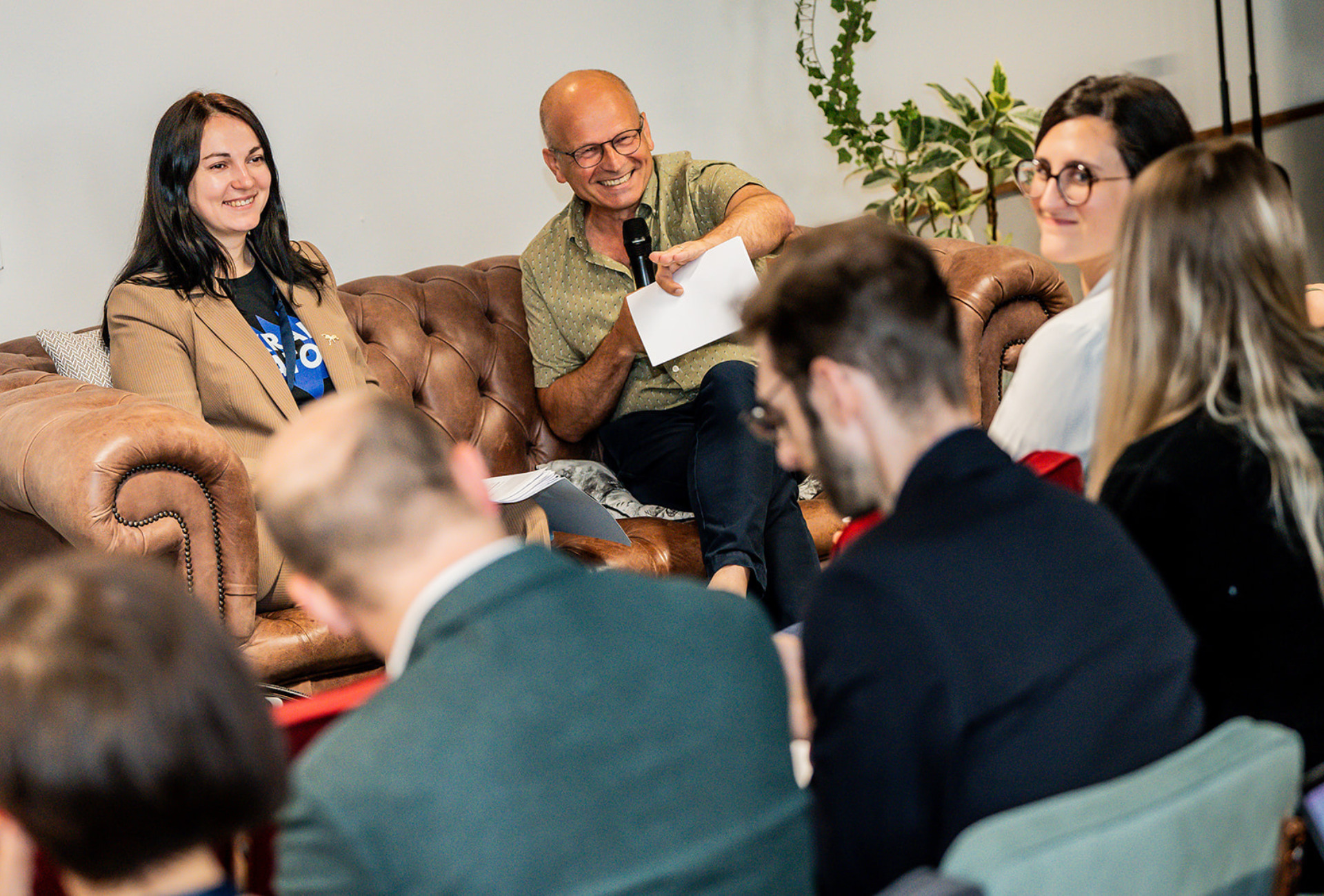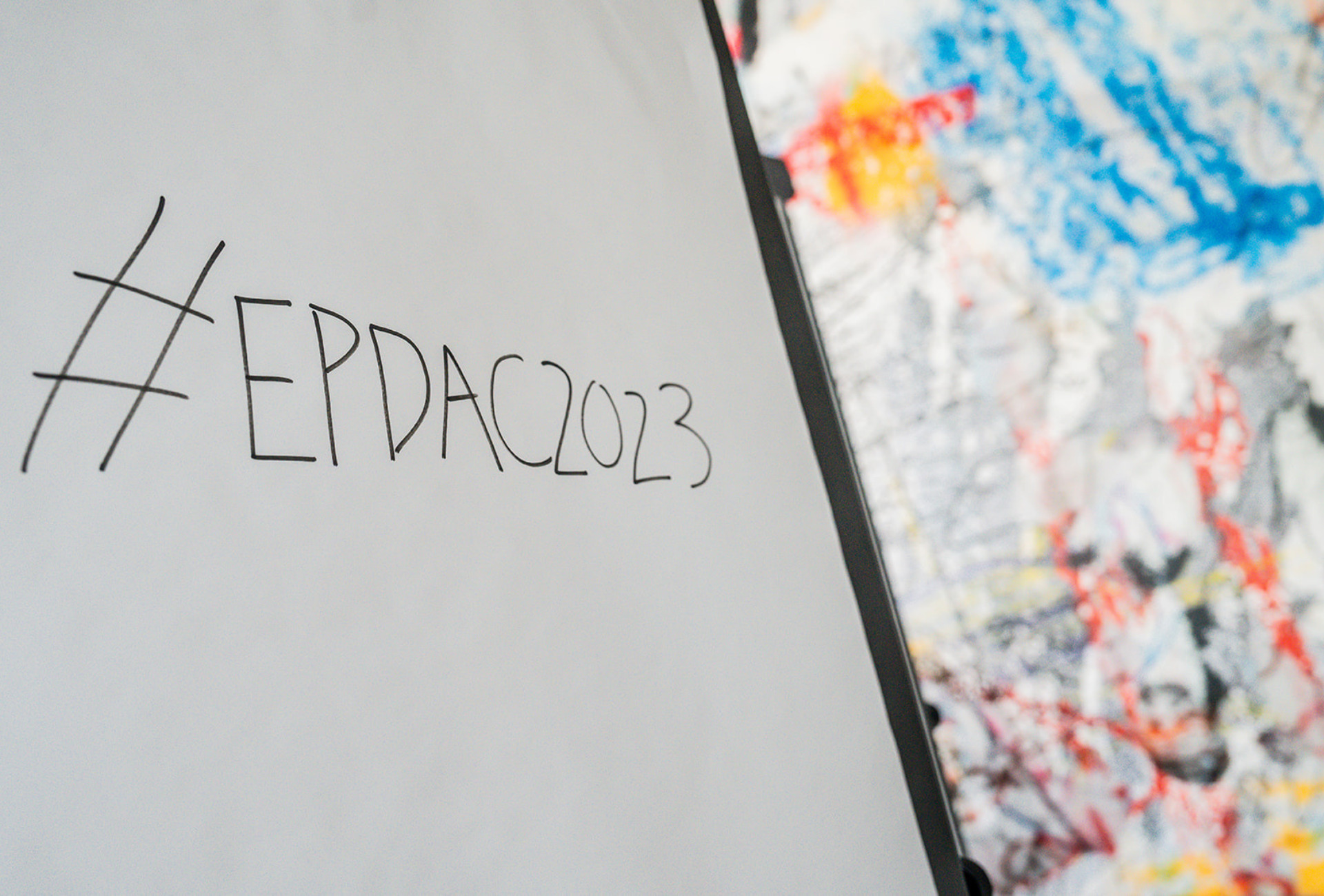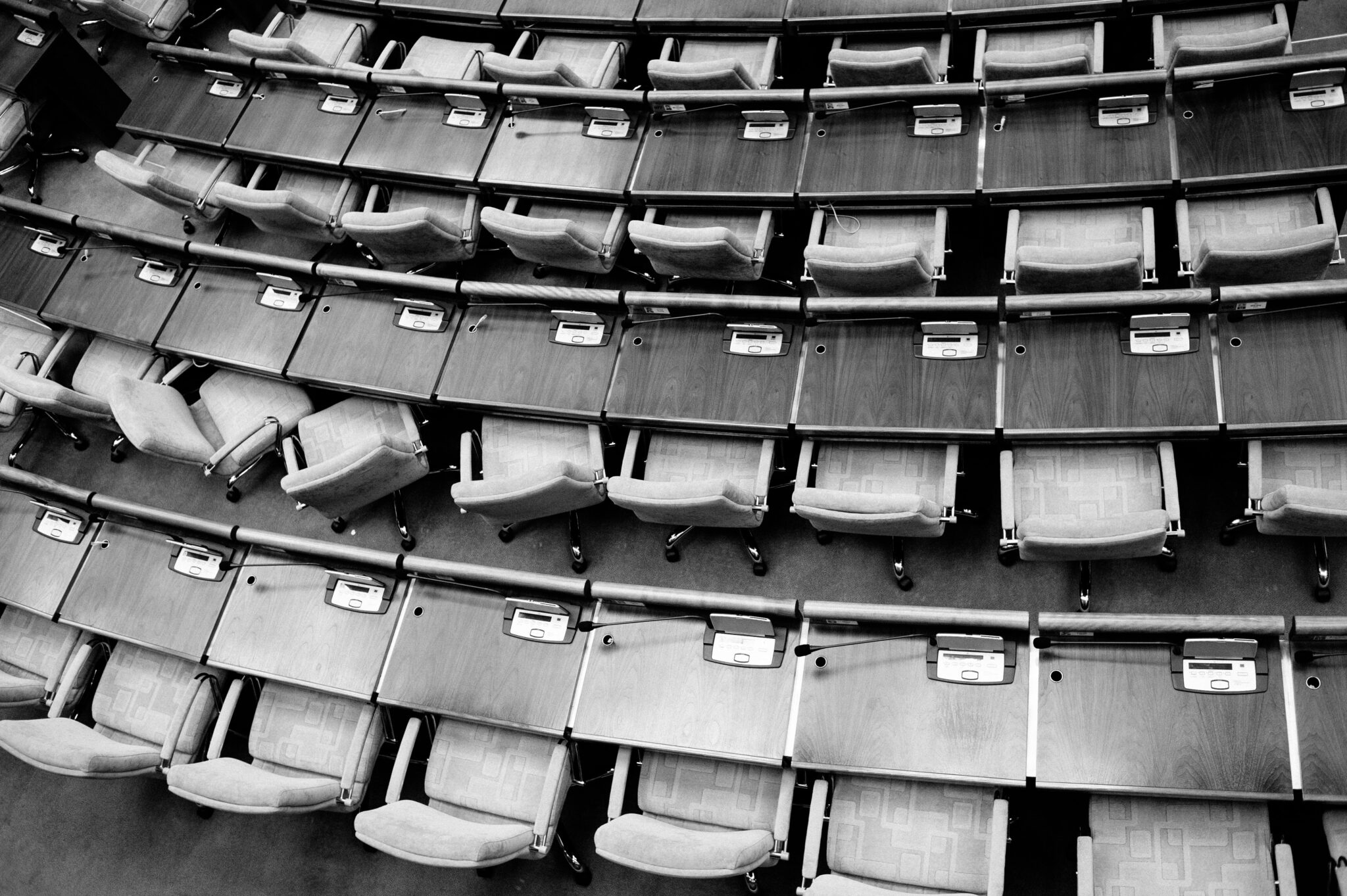A case study reviewing European democracy support
The 2009 coup d’état was a watershed moment for Honduran politics that sowed the seeds for several challenges in the years to follow. The relative stability of the two-party system has been replaced by a more diverse political landscape but, paradoxically, a more polarised society. This polarisation plays out in government, political parties, civil society and in the media. The serious violence after the most recent elections in 2017 bear witness to the dangers of the profound difficulties of dealing with these divisions but also of the lack of trust in state institutions. It should come as no surprise that the weakness of the rule of law has been a major concern for Honduran citizens for many years.
While European states play a much smaller geopolitical role in Honduras compared to the United States, they remain important donors and supporters of political reform. The temporary halt to cooperation efforts after the 2009 coup was an important political signal from European actors (and others) regarding the political situation. Generally speaking, the analysis and designation of resources and areas associated to EU support is perceived as balanced and coherent by Honduran actors. As a result of a good interpretation of the country context, support is well prioritised, with varying opinions about the real and practical effectiveness of each intervention – particularly in the justice sector.
In order to assess European democracy support it is important to highlight the political and socio-economic context in Honduras, which has influenced the nature, volume and priorities of European support programmes. The first section will therefore list a number of key democracy related events and turning points of the past decade. The paper then looks at the relevance, complementarity, consistency and impact of European democracy support in separate chapters. It ends by offering up conclusions and recommendations for the future of European efforts to support democratic governance in Honduras.
